Click Here to Read: Eulogy for Joseph Natterson, M.D. (1923-2023) June 12, 2023 By David James Fisher Ph.D.
Click Here to Read about and Purchase: The Loving Self by Joseph Natterson from IPBooks.,net
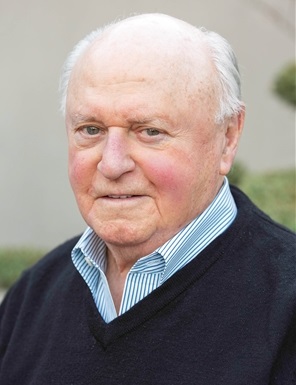
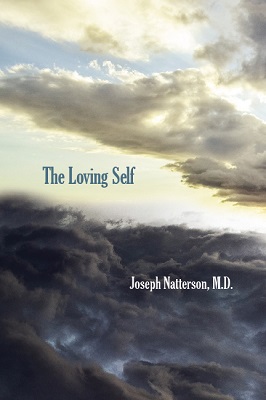
Click Here to Read: Fleshing out Freud’s Undeveloped Psychosexual Stages by James L. Kelley Review of Daniel S. Benveniste’s Libido, Culture, and Consciousness: Revisiting Freud’s Totem and Taboo in Clio’s Psyche Spring 2023 Issue, pp. 384-396.
Click here to Purchase: Libido, Culture, and Consciousness: Revisiting Freud’s Totem and Taboo by Daniel Benveniste from IPBooks.
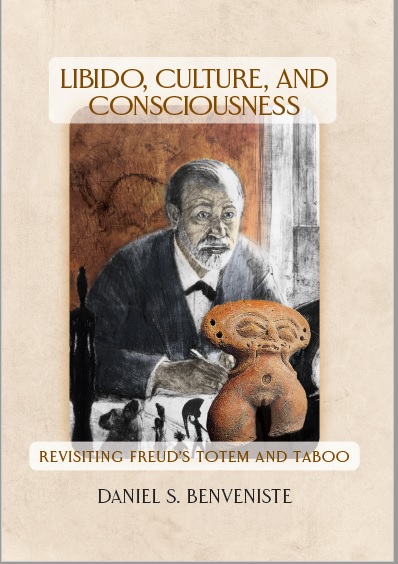
From a psychoanalytic perspective, here is what I think the article “Freud Save America” gets right and wrong. On a clinical level, there is a real threat to free association if political correctness blocks the ability of people to say what is on their mind without censoring. On the other hand, analysis can provide the space and time for people to reflect on their internal struggle between their own thoughts and what they think is now acceptable. However, analysis only works if people say everything without self-censoring.
As I have written in my book (Mis)Understanding Freud, there is a threat posed to analysis by a certain Left-wing idea that one can only be analyzed by someone who belongs to the same identity group. This misguided application of identity polit Continue reading A Response to Psychoanalysis and the Left: Comment by Bob Samuels
Click Here to Read: Anti-Semitism: A Psychoanalytic Perspective by Andrew (Nachum) Klafter from the book Anti-Semitism and Psychiatry: Recognition, Prevention and Interventions edited by H. Steven Moffic, John R. Peteet, Ahmed Hankir, and Mary V. Seeman (2020) New York: Springer, p. 163-181.
Andrew (Nachum) Klafter
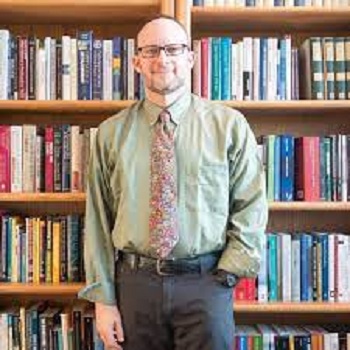
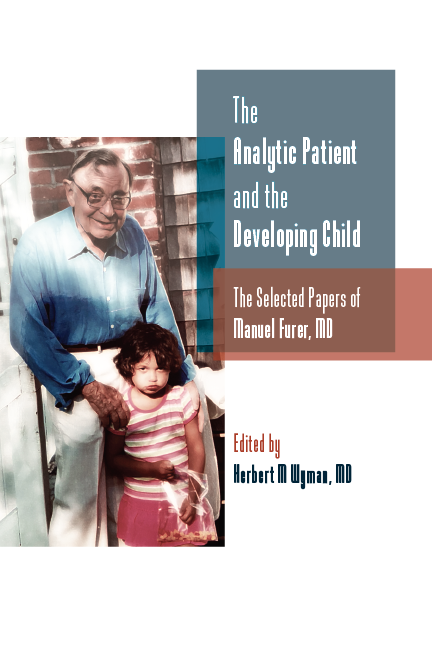
“There is an aspect of psychoanalytic thinking…that should now be made explicit: The era of the domination of American ego psychology, which found its culmination in the ideas of Heinz Hartmann, is over”(1999)
The first part of this volume “Psychoanalytic Technique in the World of Pluralism” contains papers devoted to the discussion of various theoreticians and their influence toward the progression or retrogression of the field. The second part of this volume “Psychoanalytic Training” extends this discussion into the field of education, and conveys Furer’s dedication as a teacher, supervisor, and administrator.
Readers may well recognize Manuel Furer more readily from the third part of this volume “Psychoanalysis and the Developing Child” Here will be found his most important contributions toward the study of the emotional disorders of early childhood, and also his work on Separation/Individuation with Margaret Mahler. As was well known to every child who met him, and every adult who worked with him, Manny Furer had special gifts of warmth and empathy. His signature concept of “emotional refueling” conveys these gifts.
The introductions to the Freud lectures and to the Furer Symposium offer biographical portraits of one of our generation’s most multitalented psychoanalysts.
Herbert M Wyman MD
August 2021